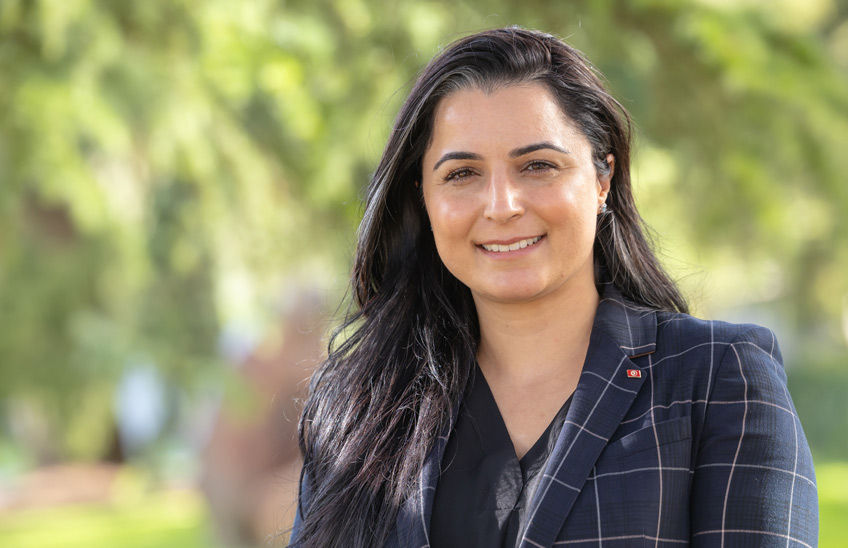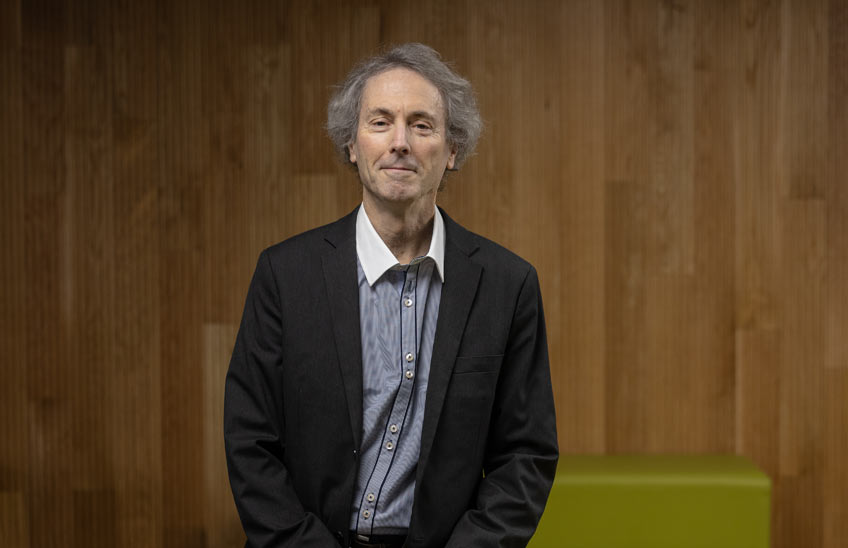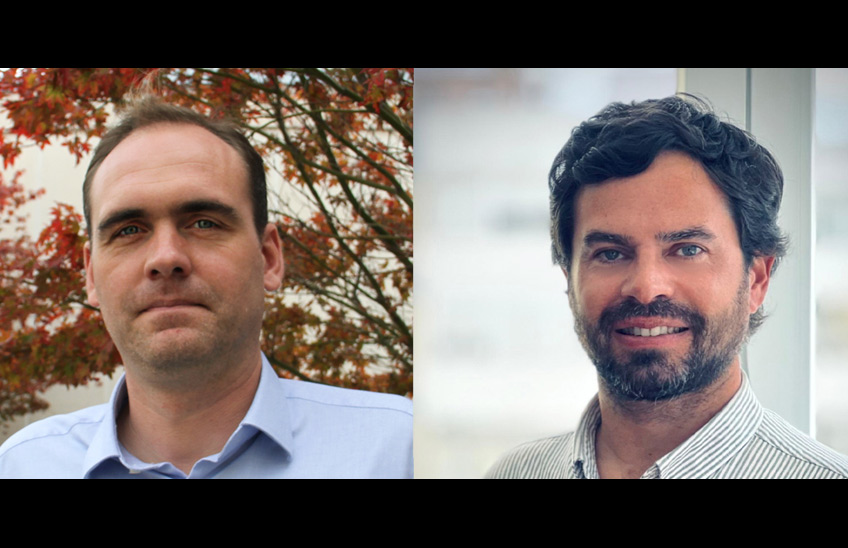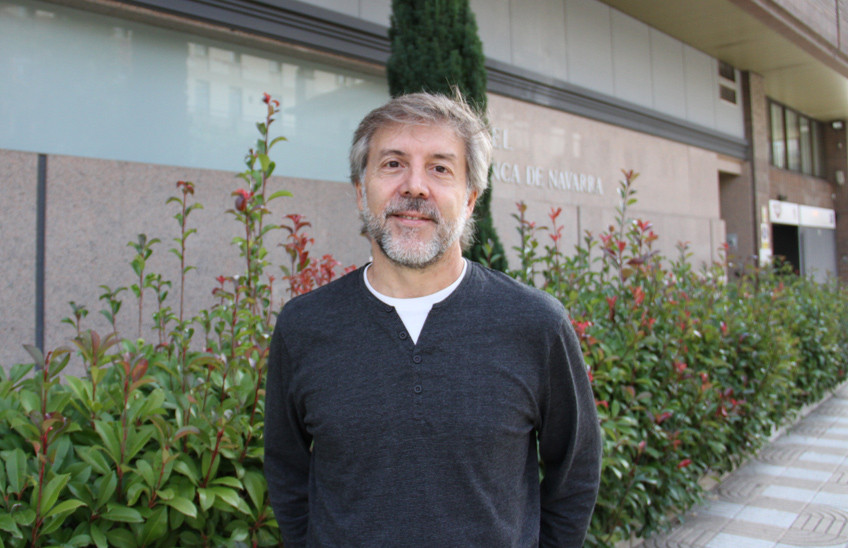Turkay Salim Nefes (CSIC): "People who believe in conspiracy theories are more attached to their identities".
The researcher gave a seminar at the ICS on conspiracy theories in Turkey from a sociological point of view, meeting framed in the ICS 2024-25 challenge .

FotoLeire Escalada<br>/Turkay Salim Nefes, investigador del CSIC, durante su visita al ICS
08 | 05 | 2025
The blackout in Spain and Portugal on April 28, the Covid-19 vaccines, the Kennedy assassination and the 9/11 and 9/11 attacks are some of the events in recent history that have given rise to conspiracy theories. Sociologist Turkay Salim Nefes, researcher at the Spanish National Research Council (CSIC), studies how these theories are communicated and what is the impact of these theories in his home country, Turkey, as well as in Spain and Taiwan. In the framework of the challenge ICS 2024-25 "Orientalism and Occidentalism: Crossed views", the expert visited thethe expert visited the Institute for Culture and Society (ICS) of the University of Navarra, where he gave a seminar graduate "Navigating conspiracy theories in Turkey: a sociological analysis of the Gezi Park protests and beyond".
The researcher recognizes that "although there is no stable definition" of what we call "conspiracy theory", it can be explained as follows: "A conspiracy implies that there is an event or a context manipulated by agents that we do not know. And the conspiracy theory is the narrative that explains who those people are."
For the expert, these theories have an impact on society that varies according to the context and the credibility of the story itself. However, in general, their main effects are to "undermine trust" and "increase polarization": "People who believe in these theories tend to have less trust in government, institutions and the functioning of society" and "cling more to their identities". He also notes that they are more likely to trust another explanation of this subject: "Someone who believes in the Kennedy assassination conspiracy theory might also doubt the Covid vaccines".
The researcher points out that the media and social networks play a core topic in its transmission: "The Internet has made it possible for everyone to become an actor. There are 'official' media and 'pseudo-media' where everyone can share their opinion. Technology has made it possible for anyone to be heard and that has accelerated its diffusion".
Critical thinking
In any case, he admits that the influence of the individual is also essential: "A politician will have a greater impact because his followers will spread the word and those who oppose him will also talk about it". He also points out that sometimes the media "act as amplifiers".
Nefes, who has studied conspiracy theories from those that emerged around the Gezi Park protests in Istanbul in 2013 to the present day, points to the role of the actors involved as the main change. "Before 2013, conspiracy theories accused the government. After that, the government started using almost the same ones to accuse others. So the actors using them changed drastically. But the channels are still the same and the effects, too.
To combat them, the expert suggests reinforcing the trainingOne general strategy could be to encourage critical thinking and media literacy. For example, teaching people not to believe everything they see and how to verify information from reliable sources. If such an attitude is adopted at the societal level, the impact of these theories could be reduced".
Now, after investigating the relationship between conspiracy theories and the rejection of Covid-19 vaccines, she studies the Spanish parliamentary context, since 1978, in a joint work with the University of Granada. His goal is to analyze to what extent politicians resort to conspiracy theories, who rejects and who accepts them and their influence.




